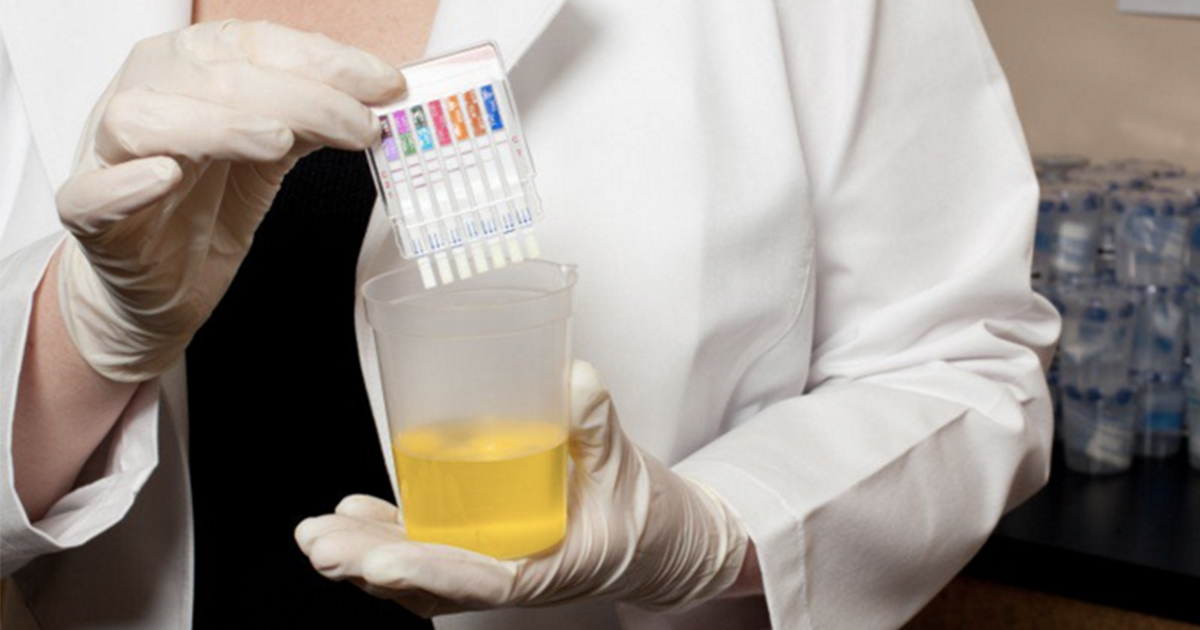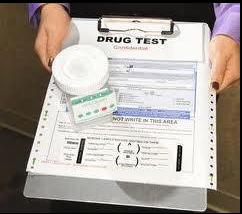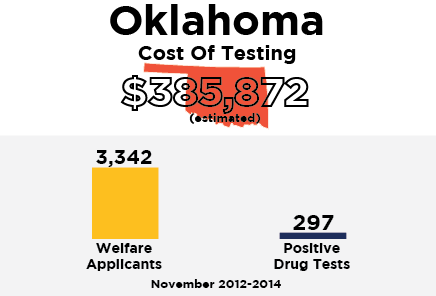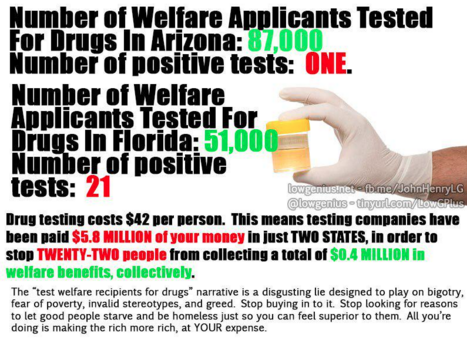West Virginia Lawmaker Counters Drug Testing Welfare Recipients With Legislator Testing

By:
In November of 2015, West Virginia lawmakers introduced a bill that would subject the state's welfare applicants to drug testing. Now, House Delegate Shawn Fluharty has produced the perfect response.
Fluharty introduced a bill requiring legislators to undergo drug tests before voting sessions. Those who failed the tests would be denied their pay and legislative votes.
 Twitter/@thinkprogress - twitter.com
Twitter/@thinkprogress - twitter.com
"I think the public expects us to adhere to the rules that we try to legislate," Fluharty said in an interview. "We have 134 people down here and we should be on their dime living within the standards that we implement. There's no reason we shouldn't do it."
Drug Testing Welfare Applicants Doesn't Make Sense.
As ATTN: has reported, welfare drug testing doesn't make a lot of sense.
This recent West Virginia bill has come under fire for several reasons. According to data compiled by ThinkProgress in states that conduct mandatory testing, welfare recipients don't have higher drug abuse rates than other people. Civil Liberty advocates have argued, and federal courts have ruled, that suspicionless drug testing of welfare recipients infringes on their constitutional rights to privacy.
"The programs’ ineffectiveness stem from their unconstitutionality," Tanga Ganeva wrote for Alternet. "As Gov. Rick Scott discovered in Florida, the courts don’t see poverty as a good reason to stomp all over people’s privacy rights."
Such laws do not distinguish between drug use and drug addiction, and require that those who fail tests must enroll in mandated drug treatment programs. These programs are not necessarily funded by the state, so applicants may not only be denied welfare, but also driven deeper into poverty by the cost of court-ordered programs.
How Welfare Drug Testing Works
West Virginia is getting around the federal ruling that bars suspicionless drug testing of welfare recipients by laying out a list triggers:
• An applicant shows “qualities indicative of substance abuse.”
•A person applying for benefits has a drug-related conviction within the past five years.
• The welfare recipient has a baby that tests positive for controlled substances within five days after birth.
The initial welfare drug testing bill mandates that applicants who fail a test have to pay for it and undergo a drug treatment program. Two failed tests would ban them from receiving welfare for a year.
 Twitter/DonaldTrumpUSA1
Twitter/DonaldTrumpUSA1
Three failures would permanently disqualify an applicant from receiving welfare, and all parents who fail tests would be referred to child protective services.
The Price Is Too High.
While state lawmakers insist that the West Virginia Welfare tests wouldn't cost taxpayers much, states that have passed similar laws have spent almost $1 million on testing, and six out of the seven states' tests found less than 1 percent positive rates.
 ThinkProgress - cloudfront.net
ThinkProgress - cloudfront.net
“We’re looking at small costs, big yield," delegate Joe Ellington, a supporter of the welfare drug testing programs bill, told the Charleston Gazette Mail. But history shows that the costs aren't so small. The year after it passed a welfare drug testing law, Utah spent more than $30,000 on tests that resulted in only 12 people testing positive for drug use. Arizona's statistics present a similar picture:
 Twitter/Realityaddict11
Twitter/Realityaddict11
Fluharty's bill doesn't present these concerns. "It's not going to cost the taxpayers any more money because we're going to pay for it ourselves," he said. “There’s no reason why state legislators should get a pass, simply because we wear suits.”
